We help define the direction of intelligent public lighting and smart city infrastructures worldwide, we contribute to the development of industry standards, drive technological advancements and ensure our solutions remain at the forefront of innovation.
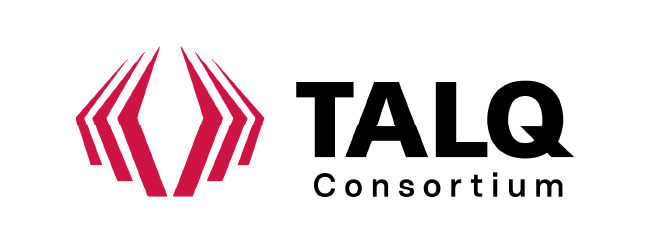
The TALQ Consortium defines a global communication standard for smart city applications, ensuring interoperability between central management systems and outdoor device networks. By working with TALQ, Flashnet supports the adoption of open, interoperable solutions for efficient urban infrastructure management.
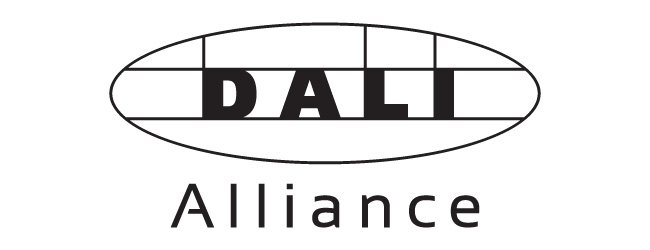
The global authority on DALI lighting control, setting the standards for digital lighting communication. Flashnet aligns with DALI to ensure our solutions remain compatible with the latest advancements in intelligent and energy-efficient lighting management.
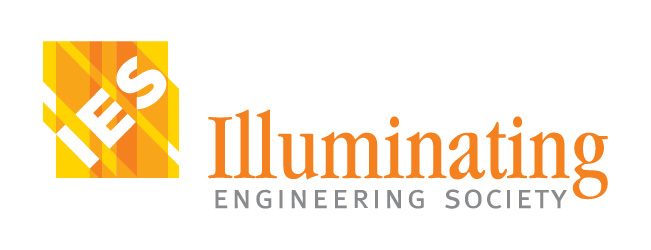
IES develops lighting standards and promotes best practices in lighting design, performance, and sustainability. As a member, Flashnet contributes to industry-wide discussions on optimizing lighting systems for safety, efficiency, and environmental impact.
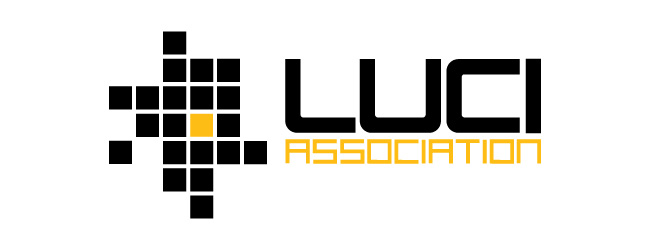
LUCI is a global network of cities and lighting professionals dedicated to leveraging lighting as a tool for urban development and sustainability. By engaging with LUCI, Flashnet stays at the forefront of discussions on the role of lighting in creating livable, future-ready cities.

The Lighting Controls Academy (LCA) is a NEMA coalition dedicated to educating the public about lighting controls technology, applications, and benefits. By joining LCA, Flashnet strengthens its role in advancing awareness and adoption of smart lighting solutions, sharing our expertise in interoperability and scalable urban infrastructure to help cities worldwide embrace intelligent, future-ready smart urban lighting.
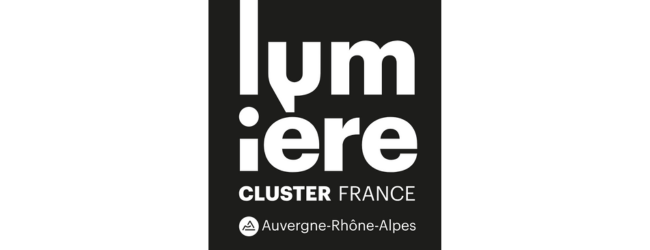
Cluster Lumière is a French network uniting 160 members across the entire lighting value chain, from design to implementation and operation, with a focus on technological innovation and practical applications. As part of this ecosystem, Flashnet contributes its expertise in smart street lighting and interoperability, while benefiting from shared knowledge, collaboration and new opportunities at regional, national and international levels.

The TALQ Consortium defines a global communication standard for smart city applications, ensuring interoperability between central management systems and outdoor device networks. By working with TALQ, Flashnet supports the adoption of open, interoperable solutions for efficient urban infrastructure management.

The global authority on DALI lighting control, setting the standards for digital lighting communication. Flashnet aligns with DALI to ensure our solutions remain compatible with the latest advancements in intelligent and energy-efficient lighting management.

IES develops lighting standards and promotes best practices in lighting design, performance, and sustainability. As a member, Flashnet contributes to industry-wide discussions on optimizing lighting systems for safety, efficiency, and environmental impact.

LUCI is a global network of cities and lighting professionals dedicated to leveraging lighting as a tool for urban development and sustainability. By engaging with LUCI, Flashnet stays at the forefront of discussions on the role of lighting in creating livable, future-ready cities.

The Lighting Controls Academy (LCA) is a NEMA coalition dedicated to educating the public about lighting controls technology, applications, and benefits. By joining LCA, Flashnet strengthens its role in advancing awareness and adoption of smart lighting solutions, sharing our expertise in interoperability and scalable urban infrastructure to help cities worldwide embrace intelligent, future-ready smart urban lighting.

Cluster Lumière is a French network uniting 160 members across the entire lighting value chain, from design to implementation and operation, with a focus on technological innovation and practical applications. As part of this ecosystem, Flashnet contributes its expertise in smart street lighting and interoperability, while benefiting from shared knowledge, collaboration and new opportunities at regional, national and international levels.


